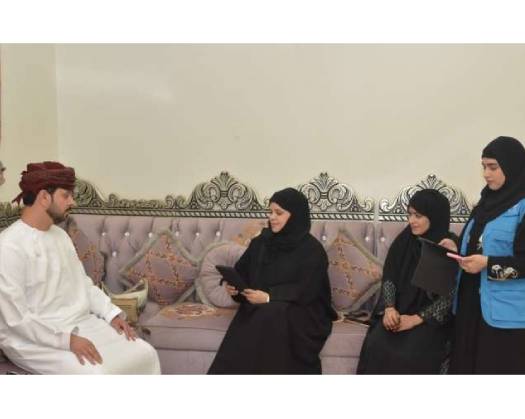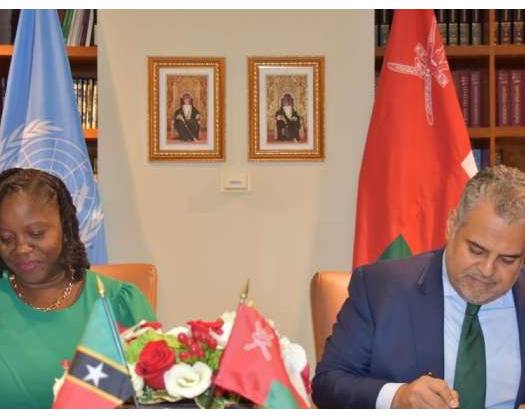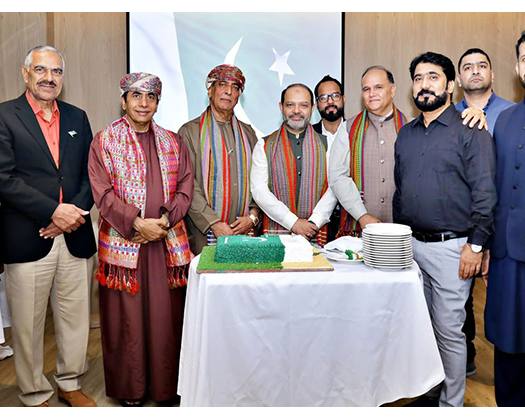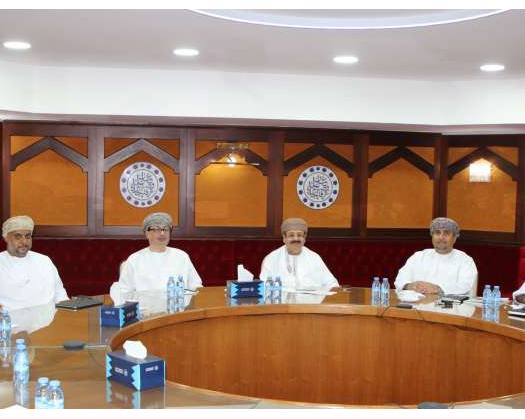Muscat: In a critical step toward improving the Sultanate's public health system, the Ministry of Health has begun a comprehensive National Survey on Noncommunicable Diseases (NCDs), a significant initiative aimed at collecting precise, field-based data to inform policy changes, increase disease prevention, and improve the quality of life for citizens and residents alike.
The nationwide survey, which targets people aged 15 and older, aims to assess the incidence of NCDs including diabetes, hypertension, cardiovascular, and renal disorders, as well as to discover behavioral and biological risk factors related with these illnesses.
It intends to create a strong national database to support effective prevention measures and health planning.
"This study is an evidence-based strategic tool that enables us to measure the genuine burden of NCDs across all governorates and demographic groups," says Dr. Shatha Saud Al Ruqaishi, Director of the NonCommunicable Diseases Department at the Ministry of Health.
She told Oman News Agency: "Its findings will inform the design of focused interventions and enhance our ability for evidence-based governance. ".
Dr. Al Ruqaishi remarked that the Ministry has already used data from previous surveys to launch important projects, like as the national plan for NCD control, the expansion of early screening programs for diabetes, hypertension, and kidney disease, and the integration of these services into primary healthcare institutions.
Public awareness efforts have also been increased to address modifiable risk factors such as smoking, poor food, and sedentary lifestyle.
"The data we gather will assist us in identifying high-risk populations and tailoring our response accordingly," she told reporters.
"Our goal is to reduce the prevalence of avoidable diseases by equipping individuals and communities with the knowledge and access to early detection and care. ".
Conducting a poll of this magnitude presents issues. "Logistics in reaching distant regions and ensuring public participation continue to be obstacles," she said, noting that addressing disinformation, particularly worries about data privacy, has required sustained outreach and reassurance.
In this regard, the ministry has launched an integrated awareness effort that includes TV and radio interviews, multilingual educational films, Friday sermons, and SMS alerts.
These activities are intended to emphasize the significance of the survey while also promoting voluntary engagement.
"Success depends on community involvement," Dr. Al Ruqaishi stressed.
"We implore everyone to welcome our field teams, participate in the medical examinations, supply correct information, and encourage others to do so. All data is kept private, and participation is voluntary, yet the benefit is shared. It will define equitable and high-quality health care for decades to come. ".
The ministry has also adopted a proactive approach to dispel misconceptions and address public concerns. "Our official channels, media response teams, and a specialized hotline are available for any questions," she added.
"Transparency and trust are the cornerstones of this effort. ".
The survey is being conducted in collaboration with the World Health Organization (WHO), which is offering technical support and ensuring that the methodology meets global standards.
It also has a broad network of national partners, including the National Centre for Statistics and Information (NCSI), the Royal Oman Police (through the National Records Centre), the Ministry of Information, the Ministry of Endowments and Religious Affairs, and other public and private groups.
The survey is consistent with Oman's national strategy and international health objectives, highlighting the country's long-term dedication to preventing and managing noncommunicable illnesses while protecting the health of current and future generations.











